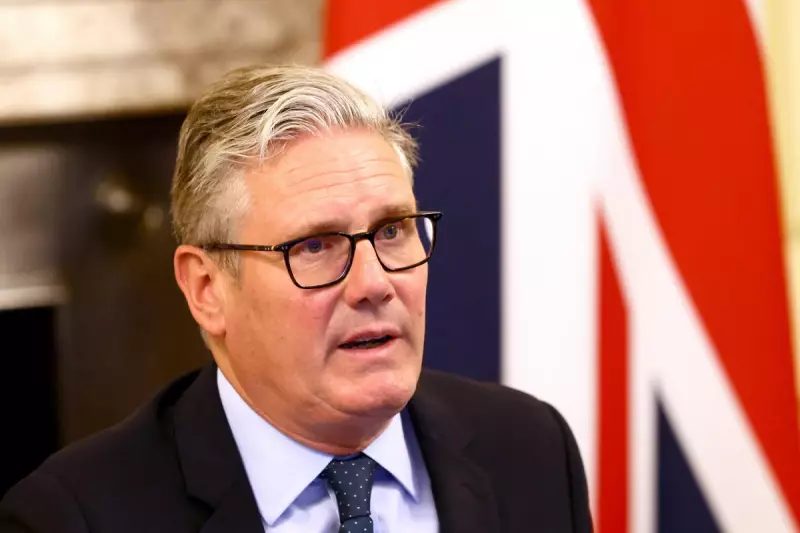
In a decisive move signalling a dramatic hardening of the UK's stance towards Moscow, Prime Minister Sir Keir Starmer has declared his intention to expel Russian diplomats suspected of espionage activities and reinstate the British Council's operations in Ukraine's capital.
The announcement, made during the NATO summit in Washington, marks a significant rupture from the foreign policy approach of the previous Conservative government and establishes a new, assertive posture against Vladimir Putin's regime.
A Firm Stance at the NATO Summit
Speaking alongside world leaders, the new Prime Minister left no room for ambiguity regarding his administration's approach to the Kremlin. He characterised Russia as a direct and pressing threat to European security, necessitating a robust and unwavering response.
"We will be expelling Russian diplomats suspected of being involved in espionage," Starmer stated unequivocally. This pledge directly addresses longstanding concerns from security services about the scale of Russian intelligence operations conducted under diplomatic cover within the UK.
Reversing a Controversial Tory Decision
In a equally symbolic move, Starmer committed to reversing a contentious decision made by the Conservative government in 2021. He vowed to reopen the British Council's office in Kyiv, which was shut down amid a major diplomatic fallout between London and Moscow.
The closure, which Russia enforced after Britain imposed sanctions for the poisoning of Alexei Navalny, was a blow to cultural and educational ties. Its reinstatement is designed to be a powerful signal of the UK's long-term commitment to supporting Ukrainian sovereignty and civil society.
A New Chapter in UK-Ukraine Relations
This dual-pronged strategy—ejecting malicious actors while rebuilding cultural bridges—forms the cornerstone of Labour's new foreign policy doctrine towards Eastern Europe. It demonstrates a clear shift from what critics had labelled a sometimes inconsistent Conservative strategy.
The Prime Minister's announcement was met with approval from international allies and foreign policy experts, who see it as a necessary recalibration of Britain's role in confronting Russian aggression and supporting its allies.





